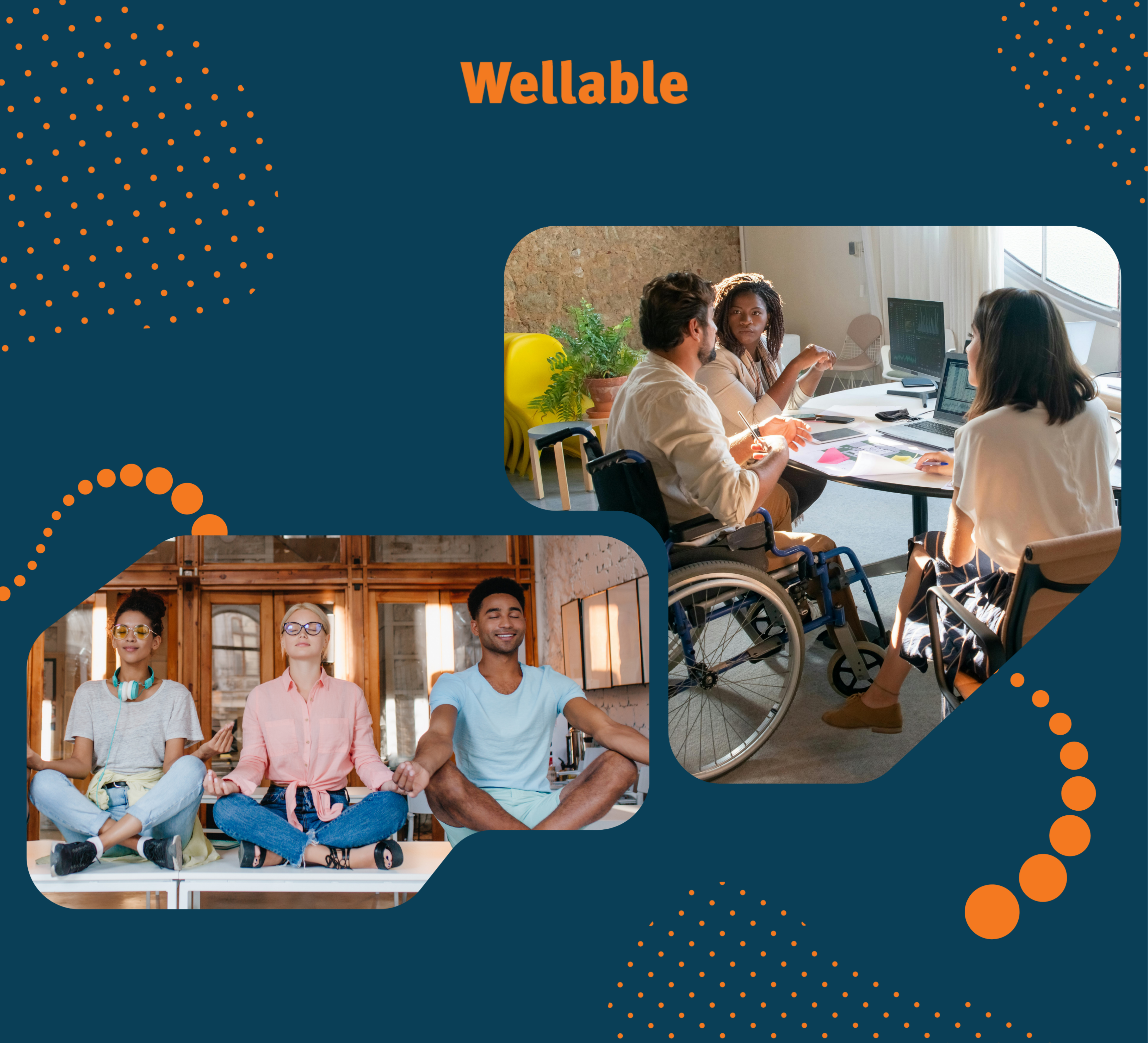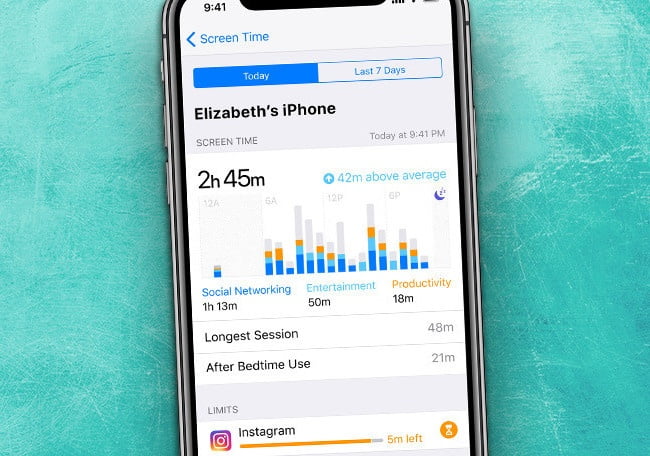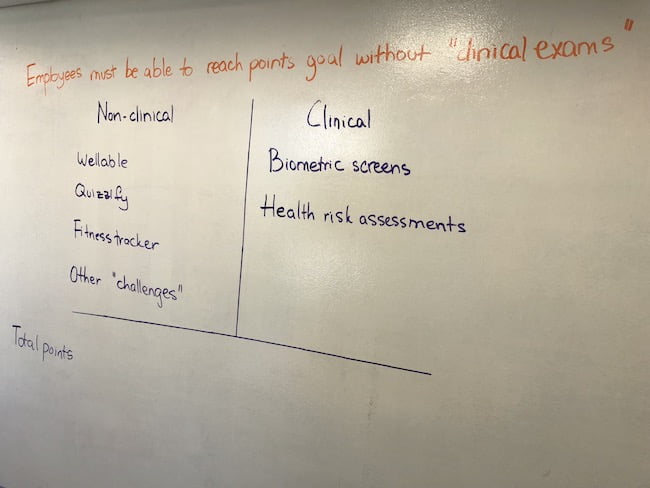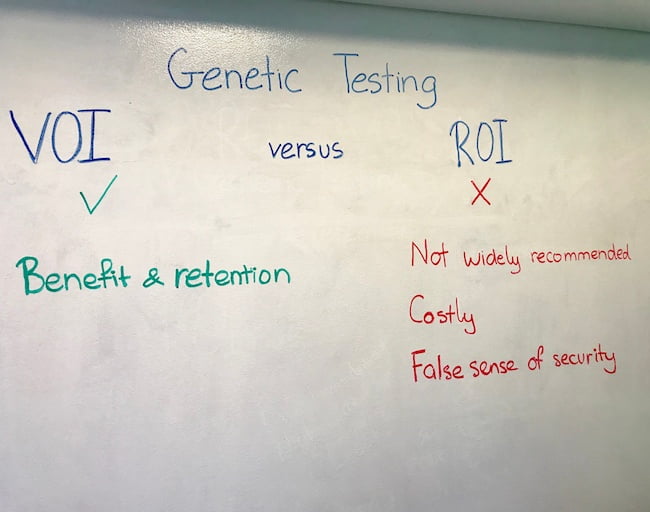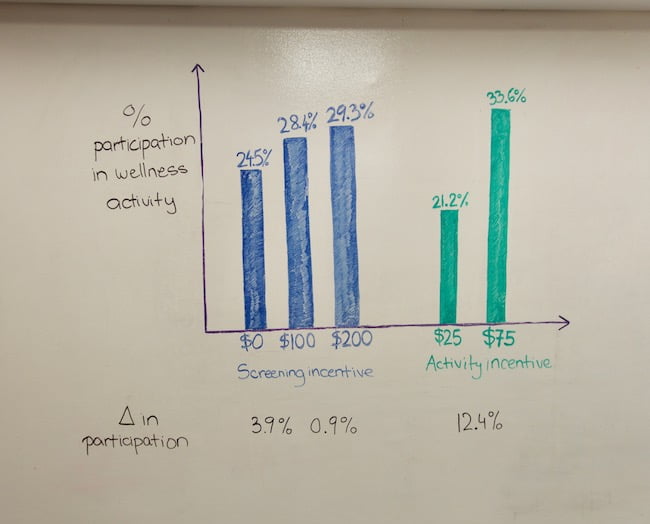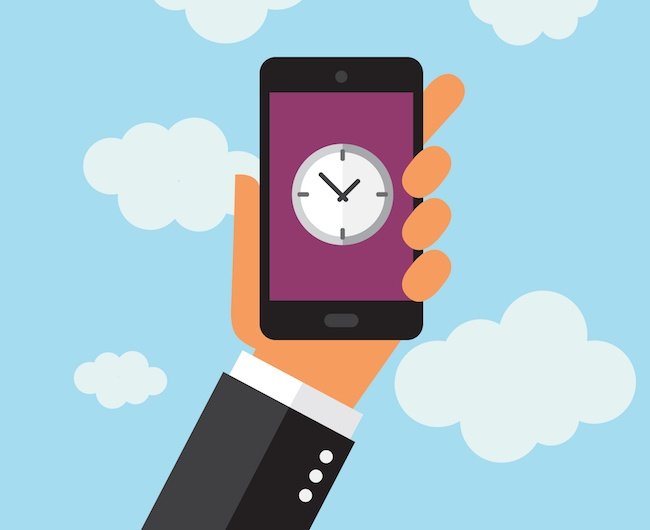Podcast: Leah Weiss On How Purpose & Mindfulness Build Better Organizations
Work has long been associated with stress and pressure because the workplace is where people come to grind, give their all, and unfortunately, burn out. Fortunately, Leah Weiss sits down with Wellable for a podcast that will teach listeners that work doesn't need to be this way.
Apple Prioritizes Digital Well-being In iOS 12
Apple, at WWDC, followed the lead of Google and announced a series of new controls that will allow iOS users to monitor how much time they spend on devices, set time limits on app usage, and control the distraction of notifications. These updates will be available in the release of iOS 12.
National Nutrition Month At Work – Ideas And Resources
March is the National Nutrition Month. While all workplace wellness programs should touch upon nutrition year-round, it is not a bad idea to dedicate a whole month to educating employees on the topic.
Survey: Company Loyalty Linked To Impact Of Benefits On Personal Lives
New data suggests that delivering a paycheck and “standard” benefits is no longer enough to retain employees. According to a new report, employees who feel that their benefits actually have a positive impact on their lives are 40%+ more likely to declare themselves loyal to the company.
Whiteboard Wednesday: New EEOC Wellness Rules
In Wellable’s first-ever guest appearance on Whiteboard Wednesdays, Al Lewis provides his perspective on how employee wellness programs will never be the same. Al discusses the impact on wellness programs that offer incentives for “clinical” programs, such as biometric screenings and HRAs.
Whiteboard Wednesday: Should Employers Offer Genetic Testing?
As with most wellness offerings, the rationale behind launching an initiative is driven by either a return-on-investment (ROI) or value-on-investment (VOI) perspective. Watch and learn why genetic testing for an employee wellness program may not be the type of innovation a company wants to support.
4 Fun And Healthy Onboarding Activities To Engage New Hires
Tasked with onboarding new hires and looking for some fun wellness activities for the workplace? Here are four top new-hire activities that will encourage team building and a culture of health right from the start!
Whiteboard Wednesday: Findings From The Illinois Workplace Wellness Study
The Illinois Workplace Wellness study found that financial incentives have a diminishing marginal return and incentives for downstream wellness activities were more cost-effective than up-front incentives tied to completing the initial health screening. Watch this 3-minute video to learn more!
Google Launches “Digital Wellbeing” Feature For Android
Google announced a new suite of tools for its latest Android platform to help users better manage their screen time. While these features are not a panacea to all the health problems created by smartphone usage, they certainly go a long way in assisting individuals in making healthier decisions.
